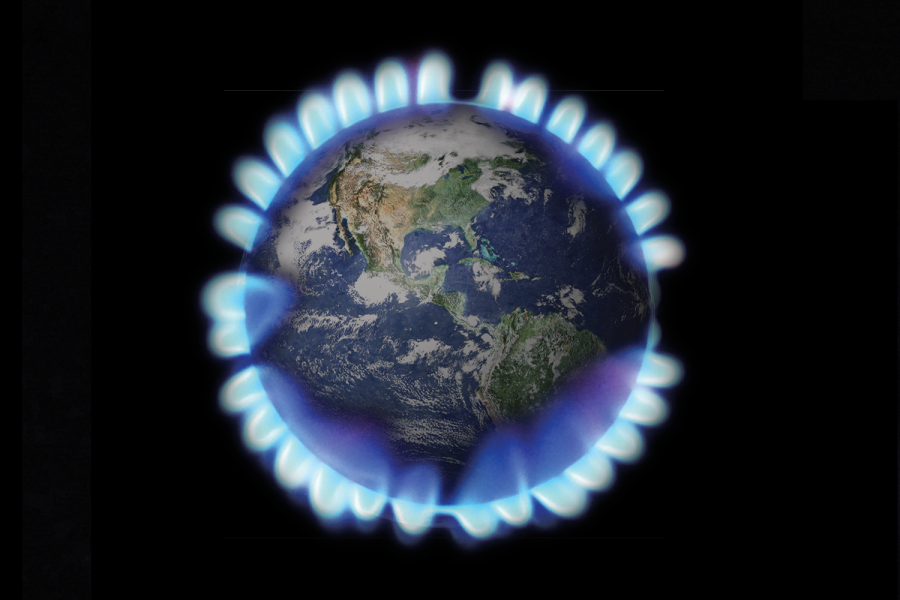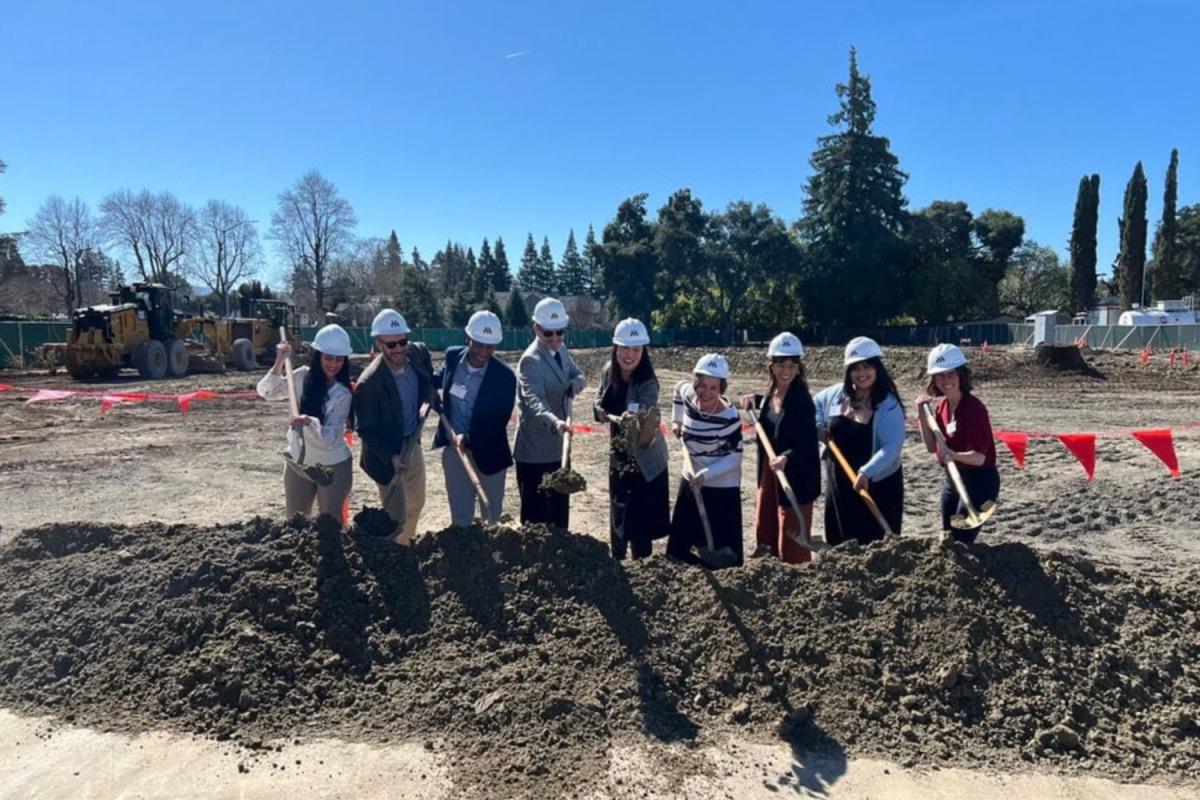Last week, Bay Area air quality officials adopted rules to phase out most natural gas furnaces and water heaters starting in 2027, a move that could make the region a blueprint for environmental innovation and equitable public health.
This regulation, put in place by the Bay Area Air Quality Management District (BAAQMD), serves to reduce emissions of nitrogen oxide (NOx), which also causes secondary emissions of particulate matter (PM2.5), another air pollutant. According to BAAQMD, these appliance rules could lower air pollution-related health expenses by $890 million annually and mitigate health issues caused by poor air quality, such as asthma, respiratory infections, and lung cancer.
“Emissions from natural gas building appliances account for a similar amount of NOx pollution as passenger vehicles in the Bay Area. As a group, they are one of the largest emitters of nitrogen oxides of all stationary sources of air pollution, which the Air District regulates,” said Erin DeMerritt, a public information officer at BAAQMD.
Not only will reducing the amount of NOx in the atmosphere be a step toward a healthier community, but also America’s journey to net-zero emissions.
“From a public health perspective, this is a great move by the air district, and it has this co-benefit of also helping to clamp down on greenhouse gases, which, as we know, are a contributor to climate change. All of this is to say it starts off from an air quality perspective, but it definitely serves to protect the environment,” said Fernando Gaytan, a senior attorney at Earthjustice, an environmental law firm.
The new rules, taking effect in 2027, will ban the sale of gas-fueled furnaces and water heaters, forcing non-electric businesses and homeowners to think critically about adapting to electric appliances.
“The amendments include zero NOx emissions standards for natural gas-fired furnaces and water heaters that are typically found in residential and commercial buildings. Any subject space and water heating appliance manufactured after the compliance date will not be allowed to be sold or installed in the Bay Area if it emits NOx upon operation. The amendments only apply to newly installed appliances,” DeMerritt said.
While concerns surrounding electric appliance cost and implementation have surfaced, the Air District has allotted time for residents to make arrangements. According to Cooper Marcus, the Chief “Quitter” at QuitCarbon—a San Francisco-based organization committed to renewable energy—time is of the essence, but moving to electric does not have to be a daunting task.
“Finding somebody to make you a plan or give you a hand or some advice along the way as you move off of fossil fuels is really important because change is hard, right? And doing it by yourself is even harder. But I believe we can do it,” Marcus said.
With the Bay Area being the first in the nation to adopt these appliance rules, environmentalists hope it will become a template for other districts, so air quality can be improved across the board.
“This should serve as a catalyst to other air districts who are also equally struggling to meet these standards and show that they have the authority to really look at these rules very carefully and come up with programs because the clock is ticking,” Gaytan said. “Not only from the vantage point of reducing air emissions and protecting public health but obviously from a climate change perspective.”
A partial transition to green energy will be particularly beneficial for communities of color, who, according to ScienceAdvances, are disproportionately affected by nearly all sources of PM2.5 pollution. To address funding concerns from low-income communities about installing new appliances, incentives have been approved to provide a smoother transition to electric energy.
“For those communities, this is an environmental justice issue as well. You can’t leave those folks behind; you can’t leave communities of color and disadvantaged communities behind. You’ve got to really think through and figure out how to make these programs equitable,” Gaytan said.
No matter the issues to iron out, a ray of hope may be in order for Bay Area residents.
“I want my kids to have a great planet, and we’re not going to have it if we don’t get off of fossil fuels. So it’s time, it’s high time. And I feel tons of confidence and inspiration that we can pull this off, but it’s not going to be easy,” Marcus said. “But it will be a little easier if we do it together.”






















